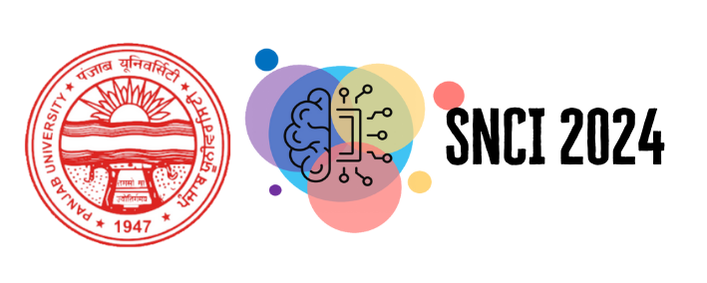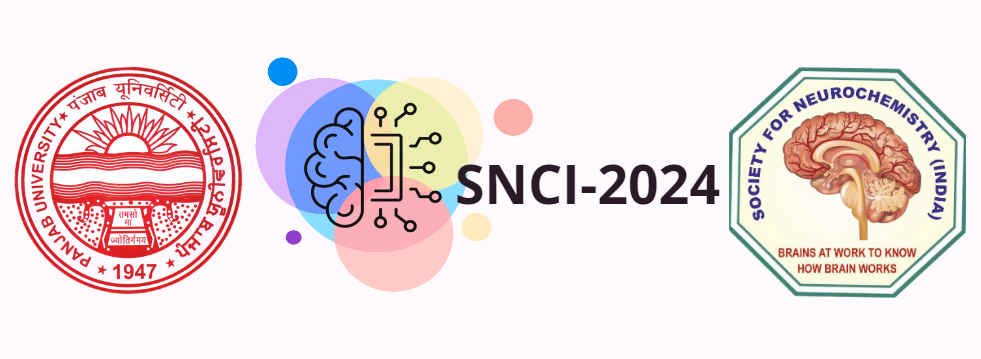Emerging Realities Global Shifts and Urgent news You Need to Understand Now.
- Emerging Realities: Global Shifts and Urgent news You Need to Understand Now.
- The Shifting Geopolitical Landscape
- The Rise of Digital Authoritarianism
- Climate Change and Environmental Degradation
- Economic Instability and Inequality
- The Future of Global Cooperation
Emerging Realities: Global Shifts and Urgent news You Need to Understand Now.
In a world saturated with information, staying informed about current events is more crucial than ever. The rapid dissemination of information, often referred to as news, plays a vital role in shaping public opinion, influencing policy decisions, and fostering a sense of global awareness. However, the sheer volume of information available can be overwhelming, making it challenging to discern fact from fiction and to understand the complex interplay of forces driving global change. This article dives into the present-day realities and urgent issues defining our world, seeking to clarify, contextualize, and offer a comprehensive perspective.
The Shifting Geopolitical Landscape
The world’s geopolitical landscape is undergoing a period of significant transformation. Traditional power structures are being challenged by the rise of new economic and political forces, creating both opportunities and uncertainties. Increased global interconnectedness, driven by technology and trade, has led to both increased cooperation and heightened competition between nations. Regional conflicts, fueled by political, economic, and ideological differences, continue to pose threats to international stability. The implications of these shifts are far-reaching, impacting everything from international trade and security to human rights and environmental sustainability.
Understanding these shifts requires a nuanced approach, one that considers not only the actions of states but also the roles played by non-state actors, such as multinational corporations, non-governmental organizations, and even individual citizens. The ability to navigate this complex landscape will be critical for any nation or organization seeking to thrive in the 21st century.
| Eastern Europe | Ukraine-Russia Conflict | Ukraine, Russia, NATO | Prolonged conflict, geopolitical realignment, humanitarian crisis |
| Middle East | Israeli-Palestinian Conflict | Israel, Palestine, International Community | Continued instability, peace negotiations, regional escalation |
| Indo-Pacific | South China Sea Disputes | China, United States, Regional Countries | Increased military presence, trade tensions, potential clashes |
The Rise of Digital Authoritarianism
Concurrently with geopolitical shifts, the increasing influence of technology and the internet has created new avenues for both progress and control. While the digital revolution has undeniably democratized access to information and empowered individuals, it has also provided fertile ground for the rise of digital authoritarianism. Governments are increasingly utilizing surveillance technologies, censorship, and disinformation campaigns to suppress dissent, control narratives, and manipulate public opinion. This trend is particularly worrisome in countries with weak democratic institutions and a history of human rights abuses.
The fight against digital authoritarianism requires a multi-faceted approach, including strengthening cybersecurity, promoting media literacy, and supporting independent journalism. It also requires international cooperation to establish norms and standards for responsible state behavior in cyberspace. The future of democracy may well depend on our ability to safeguard the open and secure nature of the internet.
- Increased surveillance capabilities
- Sophisticated disinformation campaigns
- Censorship of online content
- Restrictions on freedom of expression
Climate Change and Environmental Degradation
Perhaps the most pressing challenge facing humanity is climate change and the accelerating rate of environmental degradation. The scientific evidence is overwhelming: the planet is warming at an unprecedented rate, driven by human activities, particularly the burning of fossil fuels. The consequences of climate change are already being felt around the world, in the form of more frequent and intense heat waves, droughts, floods, and wildfires. These extreme weather events are not only causing widespread human suffering but also disrupting economies, displacing populations, and threatening biodiversity.
Addressing this challenge requires a global commitment to reducing greenhouse gas emissions, investing in renewable energy sources, and promoting sustainable land use practices. It also requires adaptation measures to help communities cope with the inevitable impacts of climate change. International cooperation is essential, as no single nation can solve this problem alone. The urgency of the situation demands immediate and decisive action.
Economic Instability and Inequality
Global economic instability, coupled with widening income inequality, presents another serious challenge to social and political cohesion. The COVID-19 pandemic exposed the vulnerabilities of the global supply chain and exacerbated existing economic disparities. Inflation, rising interest rates, and geopolitical tensions are further contributing to economic uncertainty. This instability disproportionately affects the most vulnerable populations, creating a vicious cycle of poverty and exclusion.
Addressing economic instability and inequality requires a combination of policies aimed at promoting inclusive growth, investing in education and healthcare, and strengthening social safety nets. It also requires a fairer and more equitable global economic system, one that does not prioritize the interests of a select few at the expense of the many. Ignoring this issue risks fomenting social unrest and undermining the foundations of democratic society.
- Promote inclusive economic growth
- Invest in education and healthcare
- Strengthen social safety nets
- Reform the global economic system
| GDP Growth | 2.5% | Decreasing |
| Inflation Rate | 6.8% | Decreasing |
| Income Inequality (Gini Coefficient) | 48.5 | Increasing |
The Future of Global Cooperation
Navigating the complex challenges described above requires a renewed commitment to global cooperation. Multilateral institutions, such as the United Nations and the World Trade Organization, play a vital role in fostering dialogue, coordinating responses, and promoting international norms. However, these institutions are facing increasing challenges, including political gridlock, resource constraints, and a growing trend towards nationalism. Strengthening these institutions and ensuring their relevance in the 21st century will be crucial for addressing global challenges effectively.
The promotion of multilateralism also requires a shift in mindset, one that recognizes the interconnectedness of our world and the shared interests of humanity. It requires a willingness to compromise, to prioritize collective action over narrow self-interest, and to embrace a spirit of mutual respect and understanding. The future of our planet, and the well-being of generations to come, depends on our ability to work together.



